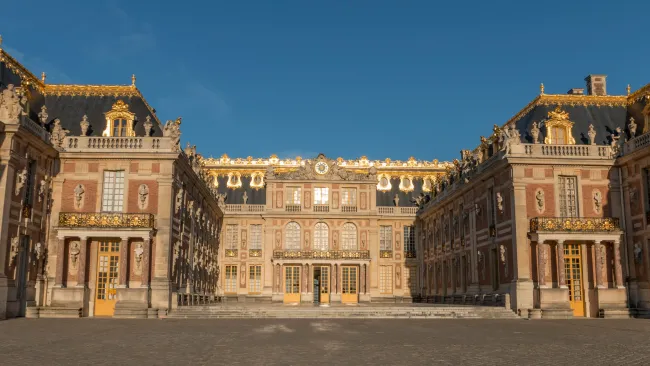Armenia's prime minister has hailed his country's strategic cooperation with the U.S. in an Independence Day letter to President Joe Biden amid growing uncertainty about Yerevan's future in a Moscow-led security alliance.
Congratulating Biden on July 4, Nikol Pashinyan's missive in Armenian, Russian, English and French referred to the "close ties" between Armenia and the U.S. and praised Washington's "peace-building process in our region."
Pashinyan said he was "happy" that a commitment "to further expansion" of cooperation in democratic reforms, energy, anti-corruption measures and security has been reflected by "raising the strategic dialogue between Armenia and the USA to the level of strategic partnership."
Newsweek has contacted the Armenian and Russian foreign ministries for comment.
As a former part of the Soviet Union where Russian is still widely spoken, Armenia has historically close economic and political ties with Moscow. That relationship has been tested, especially since the start of Vladimir Putin's full-scale invasion of Ukraine with Yerevan freezing its membership of the Russian-led Collective Security Treaty Organization (CSTO), considered to be Moscow's answer to NATO.
Yerevan was angered by Moscow's failure to intervene when Azerbaijan in September 2023 launched an offensive in the breakaway Nagorno-Karabakh region recognized internationally as part of Azerbaijan, but where a majority ethnic Armenian population lived.
Baku's victory was followed by the Armenian population of the region fleeing and the dissolution of what was known in Armenian as the Republic of Artsakh. This added urgency to decades-long negotiations between Baku and Yerevan over their respective borders.
While there are sticking points, "Yerevan and Baku appear closer than ever to agreeing a long-awaited peace deal—which would be a historic achievement," the Atlantic Council said in June.
The think tank also said that Armenia is searching for new security and development partners in the West as Russia's influence in the region diminishes. Armenia has accepted an invitation to participate in next week's NATO summit in Washington which marks 75 years of the alliance.
But there were mixed messages last month about a pivot away from Russia by Armenia the foreign minister of which, Ararat Mirzoyan rejected reports that Yerevan would definitely quit the CSTO, following comments to that effect by Pashinyan.
Mirzoyan insisted that it would up to his country's authorities to decide when to leave the bloc.
Pashinyan's letter on Thursday, which did not mention Russia, described how the U.S. would be a key partner in the post-Soviet republic as it expressed "confidence that our continued and strengthening partnership at this critical time will contribute to building a peaceful and more prosperous future."
Disclaimer: The copyright of this article belongs to the original author. Reposting this article is solely for the purpose of information dissemination and does not constitute any investment advice. If there is any infringement, please contact us immediately. We will make corrections or deletions as necessary. Thank you.





